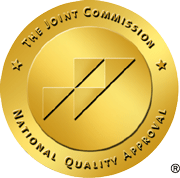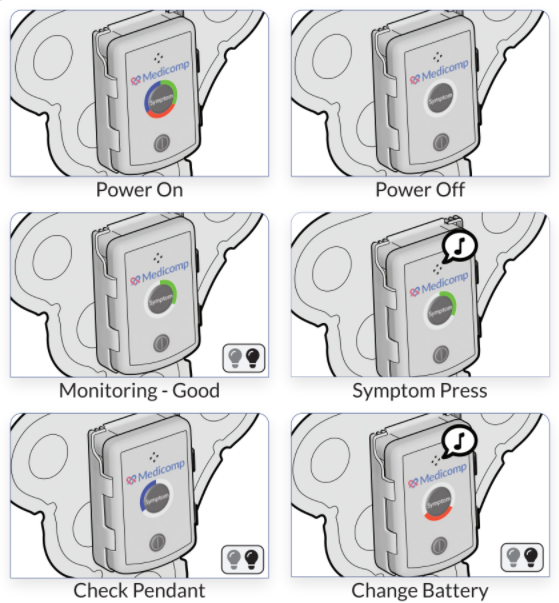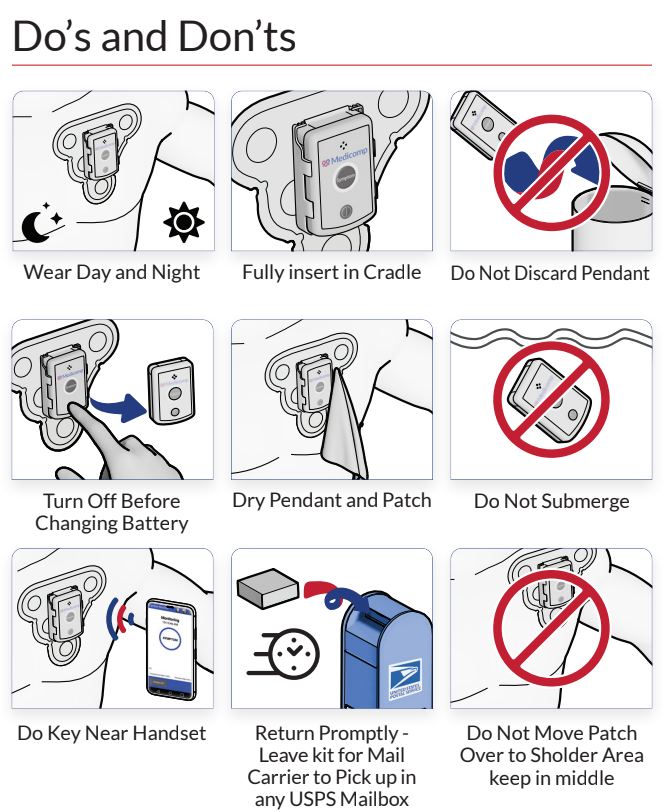ReactDx’s commitment to advancing the science of patient monitoring means staying abreast of all things heart related and sleep is absolutely connected to your heart’s health. Heartbeats are controlled by electrical impulses that cause the muscles of the heart to contract. These impulses work to create a rhythm that pumps blood throughout the body. When the rhythm beats at a normal pace, the heart can effectively distribute oxygenated blood throughout the body.
Atrial fibrillation is when the electrical impulses coming from the top left chamber of the heart go haywire. The result is a lack of coordination in the muscles of the heart and a deprivation of blood being delivered throughout the body. These can be felt as a fluttering feeling but often occur without notice.
Obstructive sleep apnea is a risk factor for the development of atrial fibrillation. It is defined by pauses in breathing during sleep that typically last between 20 and 40 seconds. These pauses are caused by obstructions in the airway usually by the relaxing of the soft tissue in the throat to collapse. When the brain becomes deprived of oxygen during these pauses, it sends the signal to release adrenaline through the body. The increased blood pressure and heart rate will attempt to properly distribute oxygen through the body.
The long term affects of obstructive sleep apnea is that the increase of blood pressure and heart rate during these adrenaline rushes will wear down the vessels and muscles of the heart. In addition to the physical damage, the brain loses the true rest it needs while sleeping and can lead to fatigue and disruptions in fat metabolism, increasing the amount of stress on the heart. The accumulating damage will weaken the heart to become susceptible to atrial fibrillation.
Atrial fibrillation is a major risk factor for stroke. Thankfully, once it is diagnosed, atrial fibrillation and the resulting risk factors can be mediated by healthy lifestyle choices and medications prescribed by a physician.
To learn more about atrial fibrillation, browse the ReactDx, Inc. blog today.



